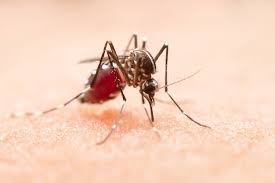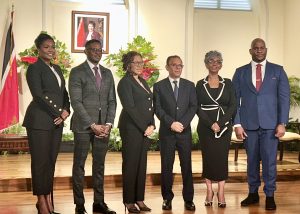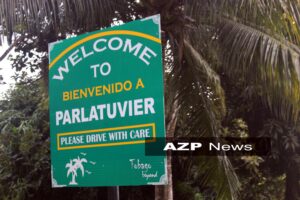THE Ministry of Health is investigating a cluster of malaria cases in South Trinidad.
As of April 2, 2025, five cases have been confirmed, marking the total number of cases for the year at five. Trinidad and Tobago is not endemic for malaria, with most cases being imported or introduced.
Between 2015 and 2024, there were 153 confirmed cases, averaging 15 cases per year. The current cases are localised in a well-defined area.
Paid political ad
Vector Control Measures
The Insect Vector Control Division has implemented several measures since identifying the first case on March 27, 2025:
- Spraying: Homes within a 1-mile radius were sprayed using truck-mounted Ultra Low Volume (ULV) methods to kill adult mosquitoes.
- Fogging: Hand-held thermal fogging was conducted where ULV spraying was not possible.
- Residual Spraying: Internal residual spraying with long-lasting insecticides was performed in homes, effective for about three months.
- Inspections: Perifocal inspections identified potential breeding sites for Anopheles mosquitoes.
Public Health Screening
All screening protocols, including contact tracing, have been conducted. Early malaria symptoms include fever, chills, headaches, and fatigue, typically appearing 10-15 days after being bitten by an infected mosquito. Those with symptoms should visit their nearest health facility.
Precautionary Advice
High-risk groups, such as those living near forested areas, farmers, hunters, protective services personnel, hikers, and environmentalists, are advised to take precautions:
- Wear long-sleeved, loose-fitting, light-colored clothing.
- Use mosquito nets when sleeping.
- Utilise insect repellents, coils, and vaporizers where applicable.
![]()













